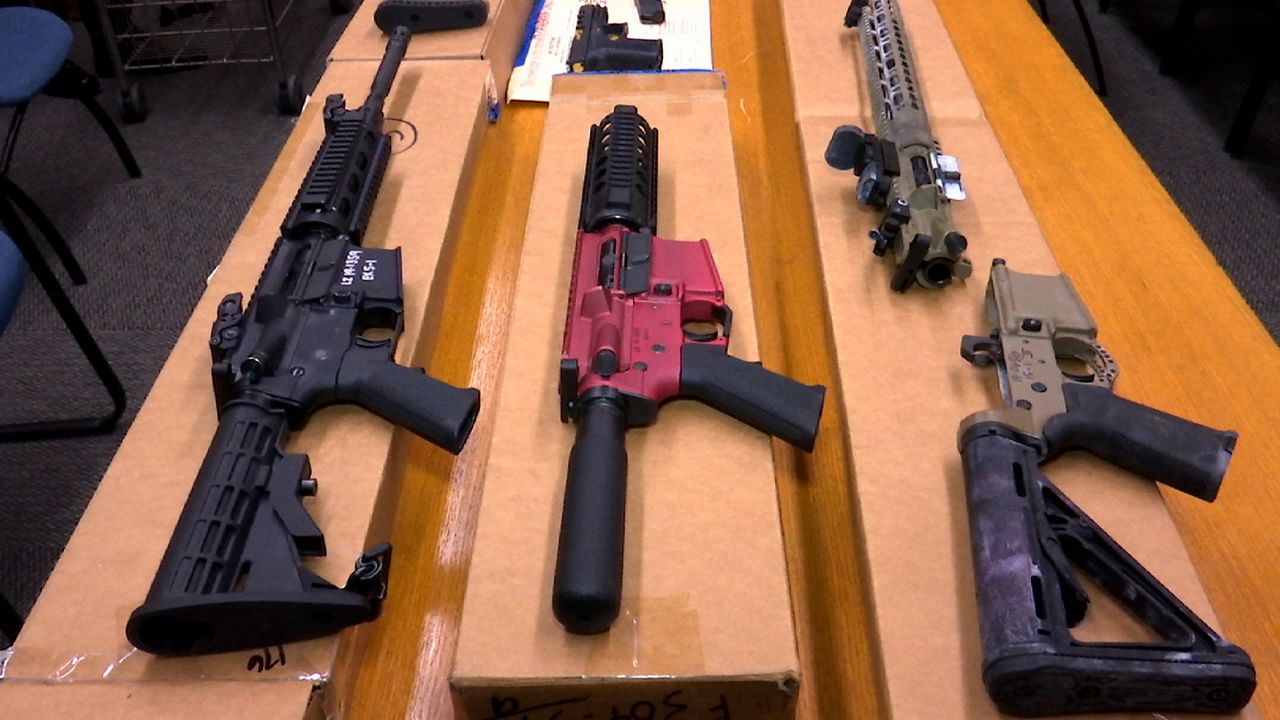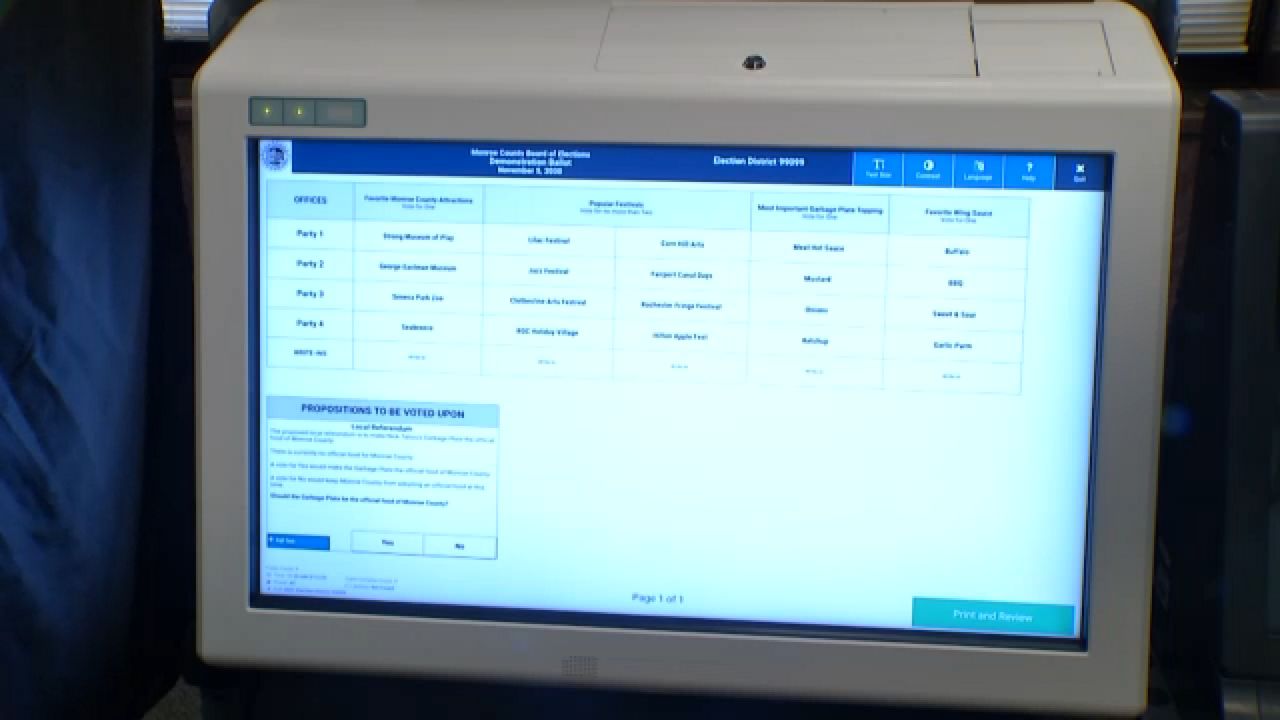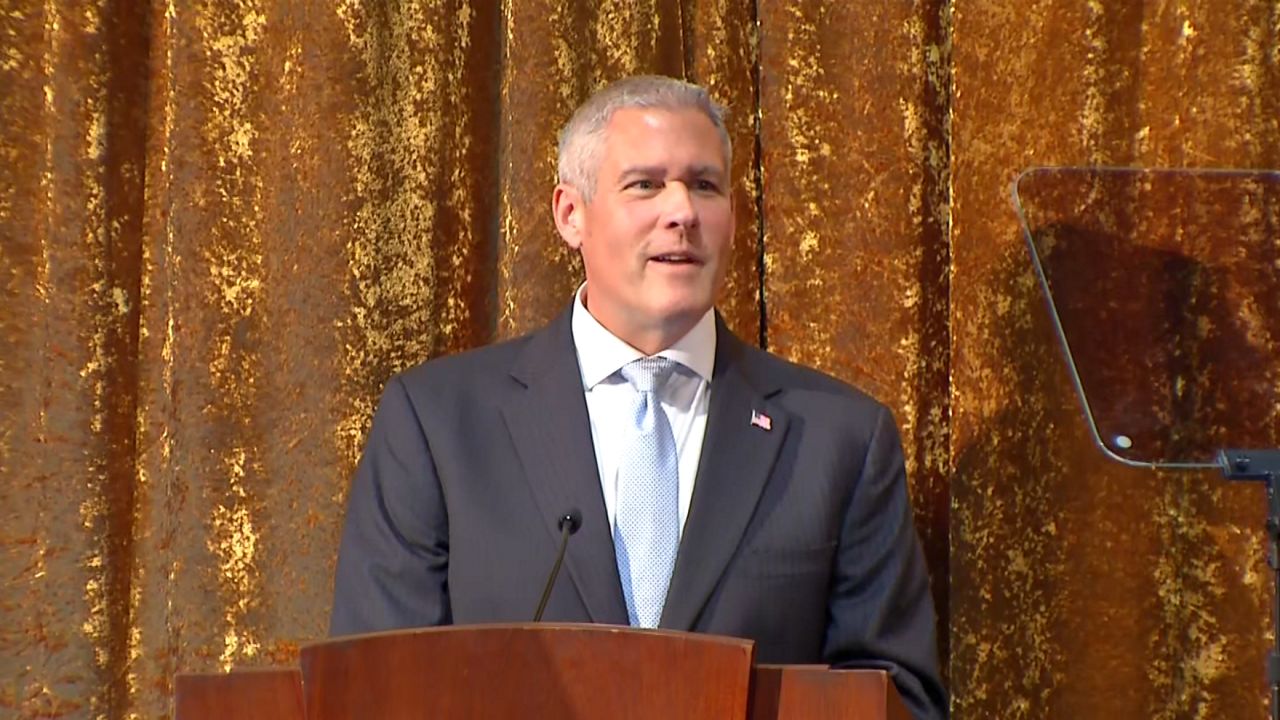Even before new state justice reforms hit the books next year, fewer people are going to jail in Monroe County.
A new law in January will end bail for 90 percent of those arrested. Most face misdemeanors, but those accused of non-violent felony crimes, including robbery and burglary, will not have to worry about a night in jail stay. Police will just give them an appearance ticket.
It's just part of the changes already having an impact here.
Discovery reform will expect defense and prosecution to share all they have for the case well in advance of trial. Prosecutors have needed up to a month and a half do so on the past. Now, they'll get just 15 days. Defendants will not be able to plead guilty until then.
Speedy trial changes will also work to reduce court backlog and reduce delays.
There's little, or no money on the way to help local governments make these changes happen. That's why the Monroe County District Attorney's Office has already started to work like its 2020.
District Attorney Sandra Doorley told Spectrum News Anchor Jim Aroune that her staff has chose not to prosecute low-level drug misdemeanors. She said it is just one of the reasons the county has seen its jail population fall by 25 percent and below the 1,000 inmate threshold.
JA: How did you accomplish that?
SD: "Because we made smarter choices as to who was held. We’re asking courts to hold people for public safety reasons, but think about all of the other tools that we are using. We're using opioid courts. We're using mental health courts. We're using mental health diversion programs, drug diversion programs. We’re diverting people out of the jail and into services that meet need. That’s why you no longer see the numbers in the Monroe County Jail."
JA: Why did these reform arrive?
SD: "You know every prosecutor in the state, we have all agreed there needed to be sensible reform to criminal justice but there were issues in other jurisdictions downstate. People were in jail on a minimal marijuana possession charge for years, that’s simply unacceptable. So it’s tragedies like that, that sparked the bail reform. But again you needed it to look and make sure that the system was going to be fair to all."
JA: So you have more expectation on you, essentially, to move faster with some very important aspects of the process of prosecuting a crime?
SD: "We’ve calculated that we’re going to have to provide in discovery over 370 percent more cases than we’re doing now, and we simply don’t have the staff. We'll get it done but we simply don’t have the staff at this point."
JA: Before you know whether you can expand, the question becomes how do you do this?
SD: "We do have some tricks up our sleeve such as bail jumping and other cases where we think we may be able to hold them. We have to do a little more research. It’s going to be frustrating."
Doorley and district attorneys across New York opposed these changes, which were approved as part of New York State's most recent budget. Those accused of violent felonies, or what're known as qualifying offenses, will still face bail.










